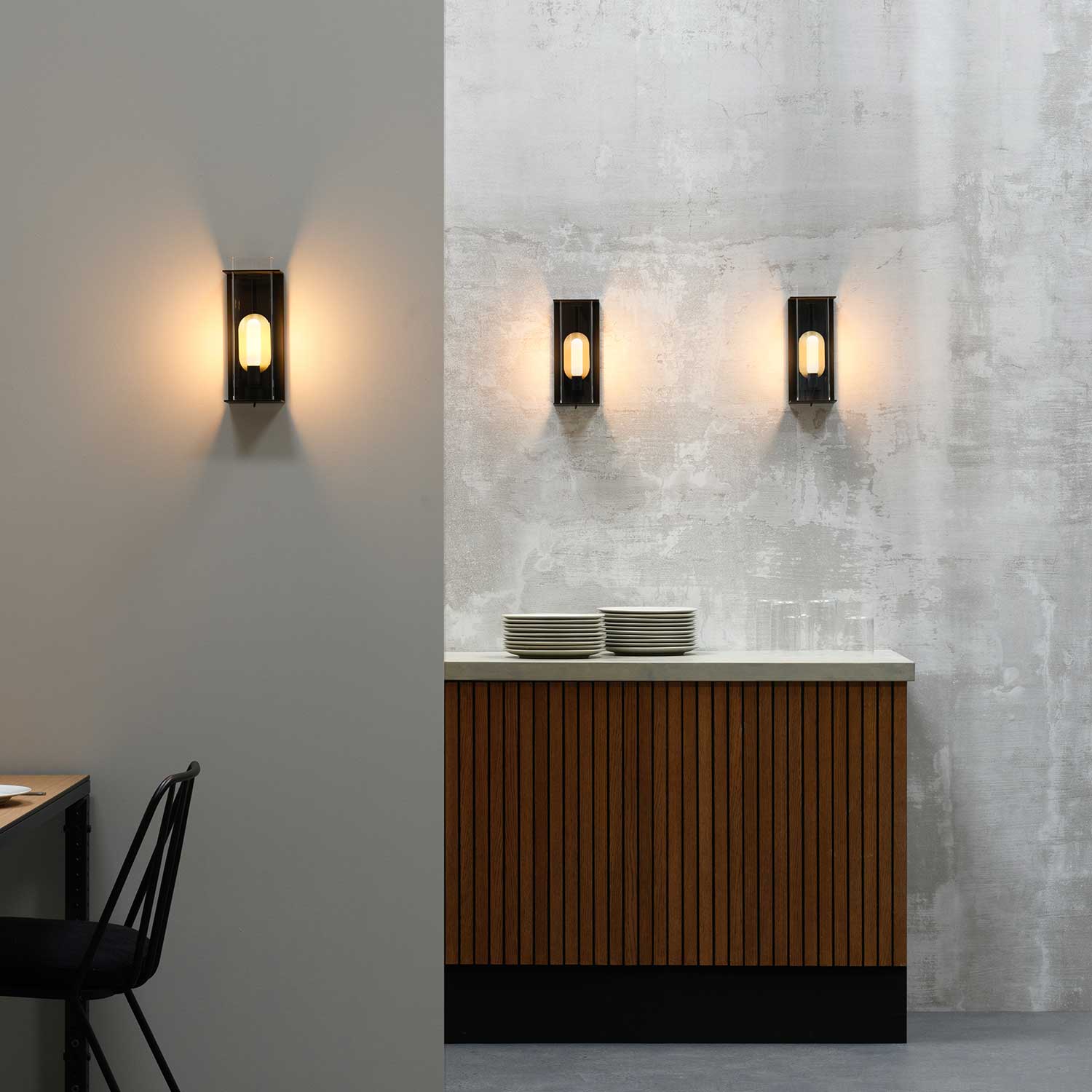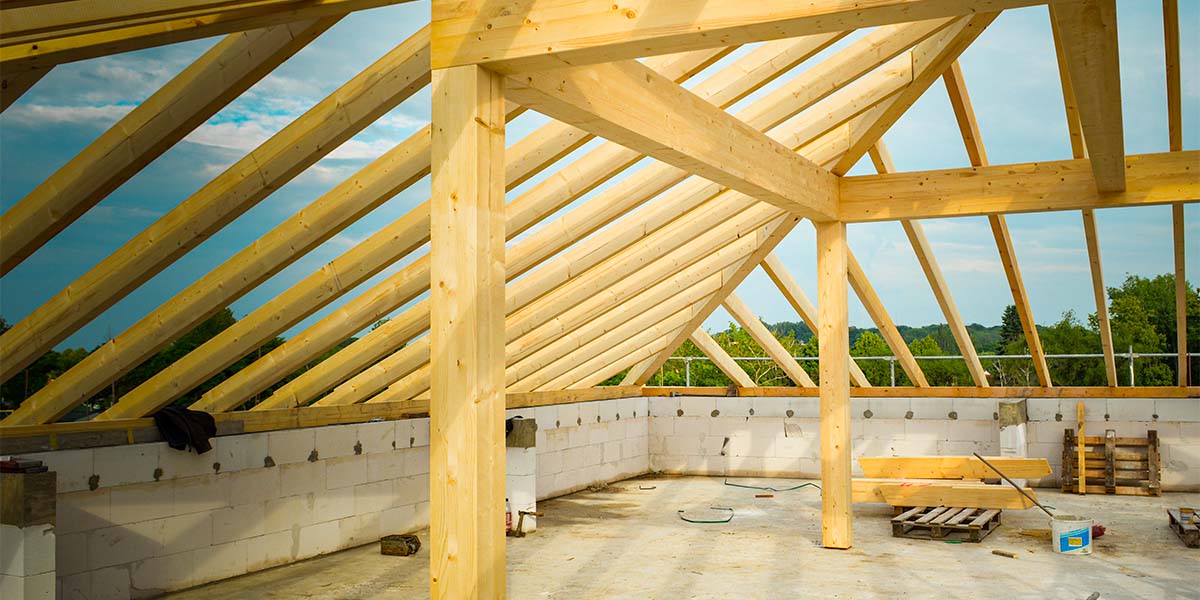How to choose your electrician well?
Introduction
It is strongly recommended to call on a professional electrician rather than trying to do electrical work yourself. Electricity is not an area where you can afford to save on safety. The risks related to poor electrical installation or repair are considerable, ranging from short circuits that can cause fires to electrocution hazards. A qualified electrician has the knowledge, experience, and tools necessary to carry out the work while respecting current safety standards. Ultimately, calling on a professional is an investment in your safety and that of your home. Finding a good electrician is therefore not a task to be taken lightly.
Basic criteria for choosing an electrician
Certification and experience
It is crucial that your electrician has the necessary certifications and proven experience. These elements guarantee that they are well acquainted with current electrical standards.
Reputation and online reviews
An electrician's reputation can tell you a lot. Check online reviews and ratings to get an idea of previous customers' satisfaction.
Rates and quotes
Getting quotes from several electricians can help you understand the average cost of services. Beware of prices that are too low, which may indicate lower quality.
Where to find qualified electricians?
Online platforms
Platforms dedicated to domestic services can be a good starting point to find qualified and verified electricians.
Recommendations and word of mouth
Asking around can also lead you to trusted electricians that your friends or family have already hired.
Questions to ask before hiring an electrician
It is crucial to conduct a thorough inquiry on several aspects before choosing your electrician. First, ask about their experience and qualifications to ensure they have the necessary expertise to handle your specific project. Rates are also an essential point; it is wise to request a detailed quote to understand what is included in the service and avoid unpleasant surprises. Regarding deadlines, it is important to ask about the estimated duration of the work to best organize your schedule and avoid unnecessary delays. Finally, do not forget to discuss the guarantees offered on the completed work.
Moreover, it may be wise to compare several quotes. This approach allows you to weigh the offers from different professionals and choose the one that suits you best, both in terms of cost and quality of service. Comparing several quotes also gives you a broader view of the market and the prices charged, helping you make an informed choice based on a comparative analysis. However, keep in mind that the cheapest is not always the best option; the quality of services and the electrician's reliability should be the priority criteria in your decision.
The importance of insurance and warranty
It is essential to verify that the electrician you plan to hire is covered by professional liability insurance. This insurance is essential because it protects both the provider and the client in case of damage or accidents occurring during the work. It covers any harm that could be caused to third parties or property during the intervention. Without this insurance, in case of a problem, the cost of damages could fall directly on the homeowner, which would represent an unexpected and often significant financial burden.
Furthermore, ensuring that the electrician offers a warranty on their work is just as crucial. This warranty reflects the professional's commitment to the quality and durability of their work. It gives you peace of mind, knowing that if problems arise after the work is completed related to the quality of execution, they will be covered by the electrician under this warranty. Usually, this warranty covers repair or replacement of installations in case of failure.
Asking to see proof of these insurances and warranties before starting work is an important step in selecting your electrician. This not only protects you as a consumer but also ensures that the electrician operates according to professional and legal standards. In summary, these checks are indispensable to guarantee the safety, quality, and reliability of electrical work in your home.
How to evaluate an electrician's work?
Evaluating an electrician's work is an important step to ensure the quality and safety of electrical installations in your home. Several criteria can help you judge the effectiveness and compliance of the work done.
First, the correct functioning of the installations is the first indicator of work quality. After the electrician's intervention, check that all repaired or installed electrical elements work as expected. This includes lighting, outlets, switches, and any other relevant electrical equipment. Everything should operate smoothly without apparent signs of malfunction, such as flickering, unusual noises, or unexpected outages.
Next, compliance with safety standards is essential. Quality electrical work must comply with the electrical standards in force in your country or region. This includes, for example, proper grounding of installations, use of approved materials and equipment, and respect for safety distances. You can ask the electrician to explain the measures taken to comply with these standards and, if necessary, obtain a certification or compliance report.
The aesthetics and finishing of the work can also reflect the electrician's professionalism. Cables should be neatly arranged and secured, finishing plates clean and properly installed, and the whole should integrate harmoniously into your interior. A sloppy installation can not only harm the appearance of your home but also hide more serious defects.
It is also wise to check for the absence of collateral damage. A good electrician will take care of your property, avoiding damage to walls, furniture, or any other elements of your home during the work. If damage occurs, it should be repaired or compensated by the professional.
Finally, the transparency and communication of the electrician are crucial aspects to evaluate. A trustworthy professional will be ready to discuss the work done, provide clear explanations about the technical choices made, and answer all your questions after the intervention.
In short, evaluating an electrician's work is not limited to checking the proper functioning of installations; it also includes compliance with standards, quality of finishing, care for your property, and the professional's ability to communicate effectively about their work.
Conclusion
Choosing the right electrician is essential for the safety and well-being of your home. By following these tips, you will be able to make an informed choice that meets your needs.








Leave a comment
This site is protected by hCaptcha and the hCaptcha Privacy Policy and Terms of Service apply.